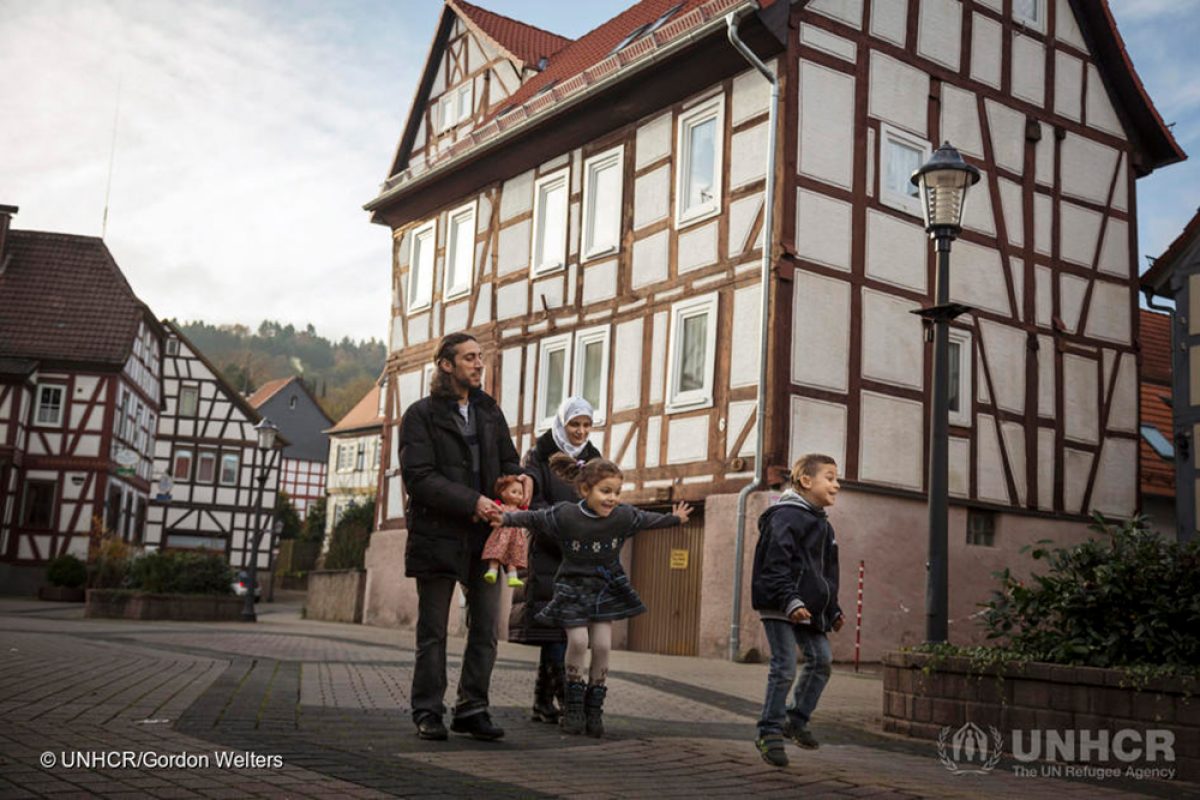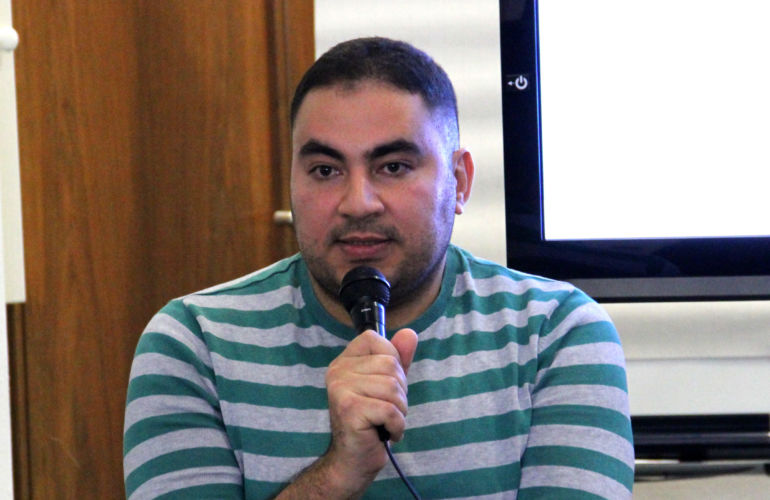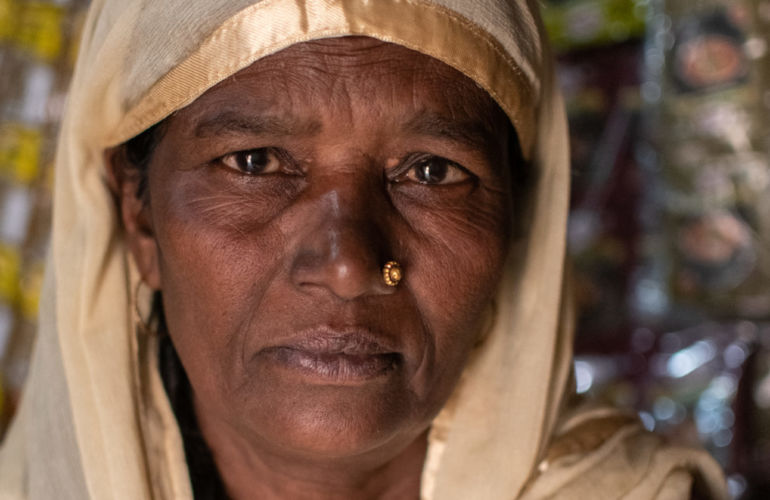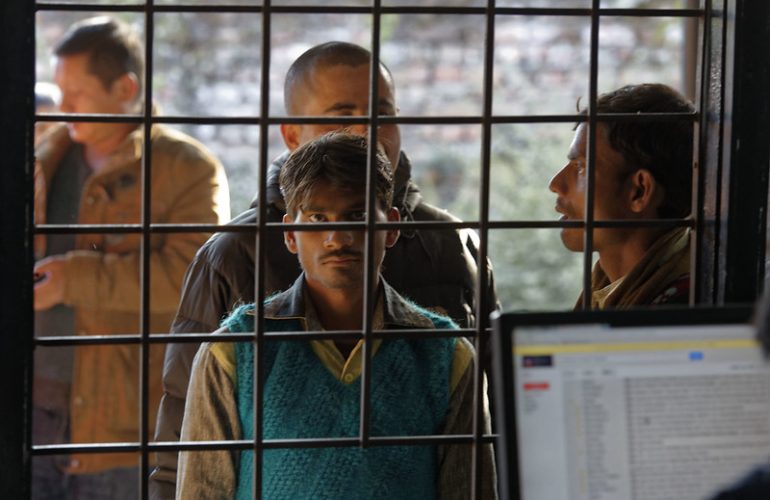German Church Regrets the Suspension of the Humanitarian Admission Procedures Caused by COVID-19

Catholic-inspired organizations are urging the German government not to suspend humanitarian admission procedures for refugees during the COVID-19 outbreak. They also ask for the postponement of deportation procedures until a fair legal process can be guaranteed.
The German Catholic Bishops’ Conference and Caritas Germany are asking the government not to suspend refugee relocation procedures during the coronavirus COVID-19 pandemic.
“With all the worries we have in Germany, we must not lose sight of the plight of those seeking protection,” said H.E. Dr. Stefan Hesse, Archbishop of Hamburg and member of the International Catholic Migration Commission’s Governing Committee. The Archbishop drew particular attention to the vulnerability of refugees in Greek island camps and at the Greek-Turkish border.
Along with Caritas Germany’s president Rev. Dr. Peter Neher, Archbishop Hesse expressed regret at Germany’s decision to suspend the humanitarian admission program, as well as hope that the country would soon again protect people in need. Rev. Neher said that providing healthcare in overcrowded camps is extremely difficult and that Germany’s international responsibility requires that it show solidarity with countries of first asylum.
They urged EU member States to rapidly find a humanitarian solution to assist refugees vulnerable to the disease, and to recognize and respect people’s right to seek asylum, even in time of crisis. They supported the likely suspension of deportations at this time, and Archbishop Hesse emphasized that the State should prioritize efforts to protect asylum-seekers in cramped accommodations from contracting the virus.
Before the suspension of the program, the German government had agreed to monthly relocate up to 500 Syrian refugees living in Turkey, for a maximum of 3,000 people.
Other German organizations also are asking governments to assist refugees during this pandemic. The Association of Church Asylum Movements in Germany published an open letter calling on European governments to cancel all deportation of asylum-seekers, evacuate Greek refugee camps, and release migrants in detention. Diakonie, the social welfare organization of the German Protestant churches, and Pro Asyl, the country’s largest pro-immigration advocacy group, have made similar requests.
These messages came in response to Germany’s announcement on 18 March that humanitarian refugee admissions to the country would be suspended for an undetermined period due to the COVID-19 pandemic. The German government said that this will not affect the relocation of unaccompanied minors in Greek island camps, for which Germany has pledged to welcome at least 300.


